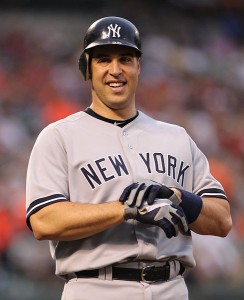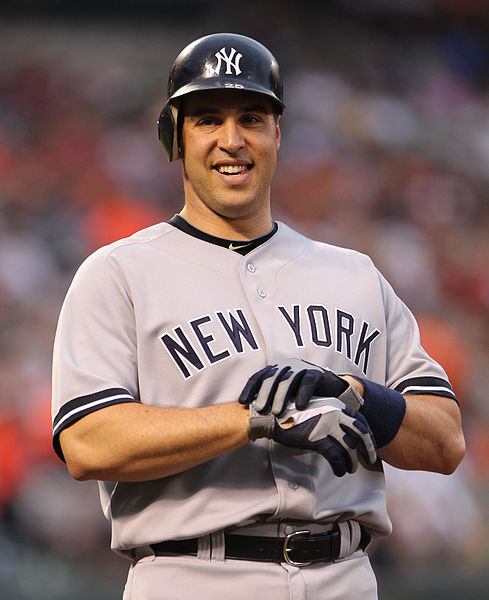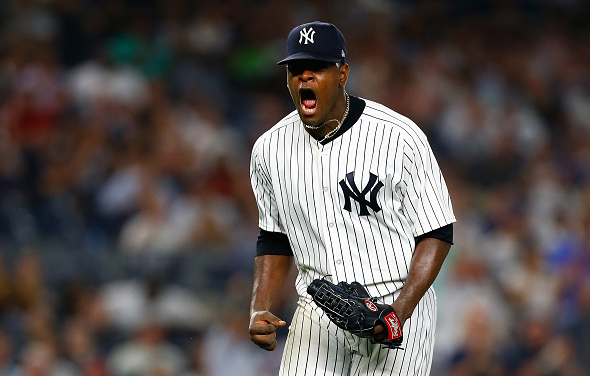
Usually when athletes talk about their contracts, they are complaining about how small it is, but, apparently, Mark Teixeira is not one of those athletes. In an interview with The Wall Street Journal, he stated that he is overpaid and “on the backside of [his] career.” Talk about honesty.
A week following a Yankee player who has a hard time with the truth, it is nice to hear the brutal honesty from Teixeira. It is this type of honesty about big contracts that is refreshing to hear. Players decline as they get older, and Teixeira, who turns 33 in April, is clearly aware of that and wants to address it on his own terms. He understands his abilities and limitations are different from his earlier days, the days that gave him the big pay-day. So, coming to grips with reality will only help an aging star, such as Teixeira, deal with not putting up the numbers he is accustomed to.
However, by no means is Teixeira a bum. Although he had a down year at the plate (only 24 home-runs and slugged a career low .475), he was the fourth best fielding first-baseman, according to the Baseball Prospectus metric FRAA (Fielding Runs Above Average), with an 8.1. Compare him to every defensive player in the league, and that 8.1 ranked twenty-eighth in all of baseball. So, even though his hitting was inconsistent, it did not affect his defense, which was stellar all season. Also, his WAR (Wins Above Replacement) was 3.6, which ranked sixth amongst all first-baseman. Not too shabby, either.
With that said, is Teixeira worth the $90 million the Yankees owe him through 2016? No, but he understands that:
“I looked at the first six or seven years of my career, I was in my 20s, it was easy. I wasn’t searching for the right formula. To think that I’m going to get remarkably better, as I get older and breaking down a little bit more, it’s not going to happen.”
I applaud Teixiera for saying what he said. Few athletes would have the same courage to admit they are aging and are not worth their contract anymore.
In the words of Pepper Brooks, “It’s a bold strategy, Cotton. Let’s see if it pays for ‘em.” I have a hunch that it will.






